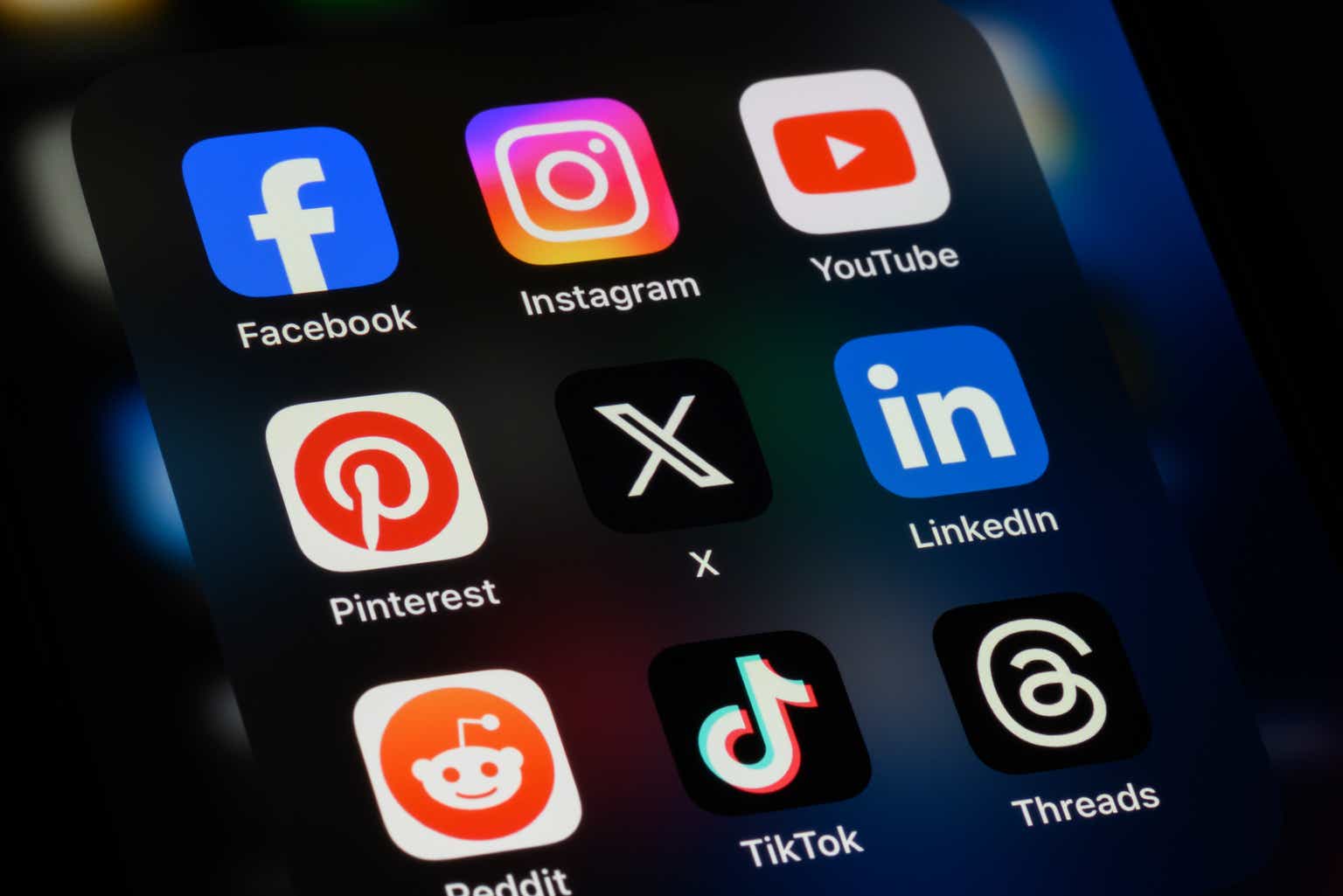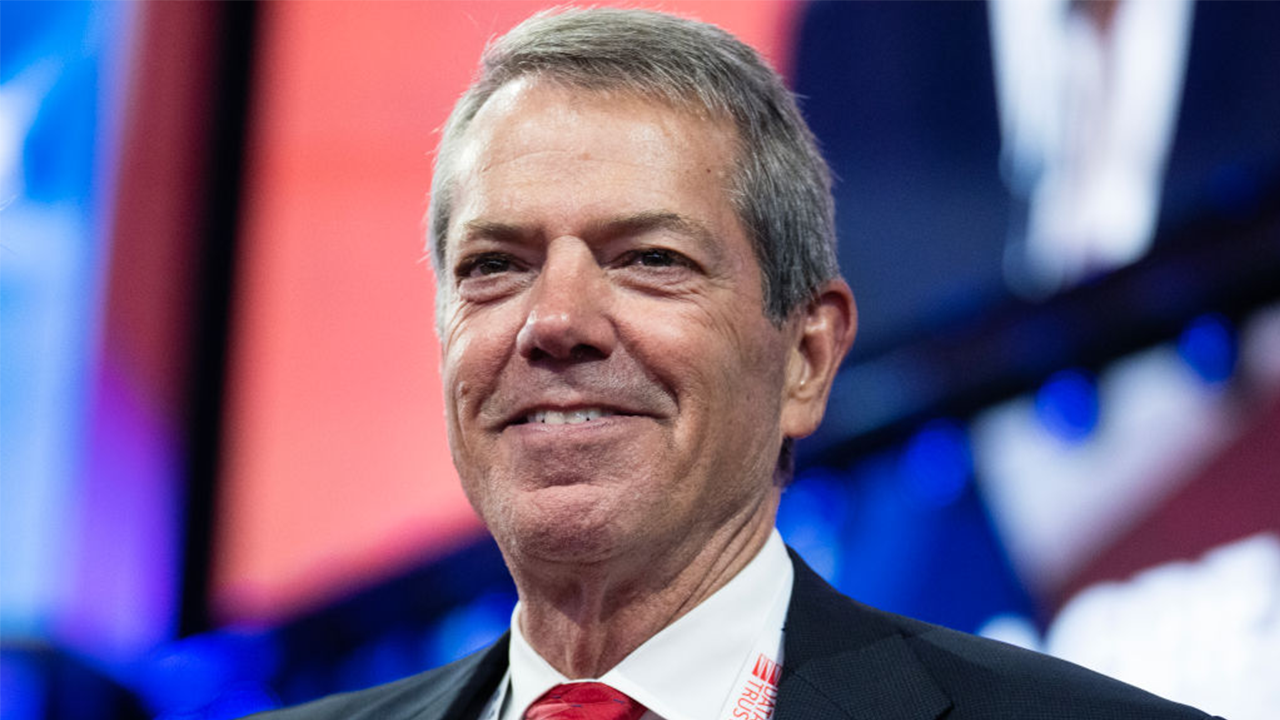You may have heard that an eye-watering 250,000 subscribers have left The Washington Post following the paper’s decision to not endorse a presidential candidate.
The figure represents about 10% of the Post’s digital subscribers. Readers were particularly upset at the timing — less than two weeks from a close and consequential election — and weren’t afraid to say so. Among the more than 32,000 comments on the non-endorsement announcement by Post publisher and CEO Will Lewis were several who said they were rerouting their subscription dollars to The Guardian and other local or independent outlets that have endorsed a candidate.
To build on an organic peak in support following the Post’s decision, the outlet sent an especially effective email Friday night under the subject line “On the Washington Post and L.A. Times.” In it, Guardian U.S. editor Betsy Reed linked to the paper’s endorsement of Kamala Harris and wrote:
The L.A. Times and the Washington Post both have a tradition of issuing editorial endorsements, but in this most consequential of contests for our country, they have chosen to sit on the sidelines of democracy and not alienate any candidate. Something these two papers have in common? They both have billionaire owners who could face retaliation in a Trump presidency.
It has never been clearer that media ownership matters to democracy. The Guardian is not billionaire-owned; nor do we have shareholders. We are supported by readers and owned by The Scott Trust, which guarantees our editorial independence in perpetuity. Nobody influences our journalism. We are fiercely independent and accountable only to you, our readers.
Between Reed’s email and Tuesday night, U.S. readers pledged $2.16 million. (That’s an additional $1.5 million since Saturday night.) The campaign broke the Guardian U.S. record for fundraising twice; first setting a one-day record on Friday with $485,000 raised and then topping that on Saturday with an additional $619,000 raised.
The Guardian re-sent Reed’s email to U.S.-based supporters and prospects who hadn’t opened the original email again on Sunday and again to all non-U.S. supporters and prospects on Monday. (The email to non-American readers brought in $160,000 in the first day.) Another email playing on the same themes and written by Rebecca Solnit generated $120,000 in its first 24 hours.
The Guardian U.S. has also been covering the Post and L.A. Times non-endorsements “aggressively — both in news and opinion,” noted communications head Matt Mittenthal. The top five converting stories for U.S. readers since last Friday are related to the Post’s non-endorsement news. The Guardian U.S. also updated messaging on bottom-of-the-page banners.
The left-leaning Discourse Blog went with “Jeff Bezos sucks. We don’t.” The Atlantic, which reminded readers it endorsed Harris earlier this month in an email blast, has seen “strong” conversion numbers from both the endorsement and ongoing election-related subscription campaign, a spokesperson said. Other outlets simply pointed out they weren’t beholden to any billionaires.
Commenters on The Washington Post’s announcement mentioned two other publications in particular: The Boston Globe and The Philadelphia Inquirer. Both told Nieman Lab they’ve seen subscriber bumps since the non-endorsement news broke.
The Inquirer gained more than 4,200 new digital subscribers — “about three times a typical week” and “our biggest week of new starts ever,” publisher and CEO Lisa Hughes said. The Lenfest Institute is the nonprofit, non-controlling owner of The Inquirer.
“Our endorsement, like all of our Editorial Board content, is paywall-free. Readers responded to our longtime practice of endorsements, which is meant to illuminate why they may want to support or oppose a candidate,” Hughes added. “We also saw a bump in individual donations to The Inquirer’s High-Impact Journalism Fund.”
The Boston Globe declined to share exact subscription numbers, but director of communications Carla Kath confirmed the news organization had seen “exponential growth in subscribers over the past few days.” A number of the new subscribers indicated to the Globe they subscribed “because [the Globe] maintained our tradition of endorsements,” Kath noted.
The Boston Globe’s editorial board endorsed Kamala Harris on October 18, citing, in part, two editorials describing Trump’s threats to national security (“Loyalty for Sale”) and his calls for violence and links to extremist groups (“Inciting Lawlessness”).
Boston Globe editorial page editor James Dao answered common questions about the editorial board process in a piece that was published alongside the endorsement. On why the Globe endorses candidates and positions on ballot questions:
The Globe continues to make endorsements in local, state, and national elections because we feel this is a crucial way for us to be active in the civic life of our region. We have the opportunity to interview candidates and policy advocates, and we ask questions that we believe our readers want answered as they formulate their own decisions. We write editorials only in part to persuade. We also believe that in articulating a clear position on an issue, a candidate, or a ballot question, we will help readers develop their own views, even if they disagree with our judgments. In the end, our goal is to have a well-informed and engaged audience, not one that marches in lockstep.
You can read “On political endorsement (The Washington Post’s Version)” or “On political endorsement (Guardian U.S.’s Version).“
Illustration by the Guardian design team.

















